Malawi
A campaign to vaccinate more than nine million children against polio was launched this week in four southern and eastern African countries after an outbreak was confirmed in Malawi.
The emergency immunization campaign began in Malawi, where vaccine drops are administered to children across the country. It will be extended Thursday to neighbouring Mozambique, Tanzania and Zambia, according to UNICEF, which is working with governments and other partners. Three more vaccination campaigns will follow in the coming months, with the aim of reaching more than 20 million children.
"This is the first case of wild polio detected in Africa in more than five years, and UNICEF is working closely with governments and partners to do everything possible to stop the virus in its tracks," said Mohamed M. Fall, UNICEF Regional Director for Eastern and Southern Africa. "Polio spreads rapidly and can kill or cause permanent paralysis.
UNICEF, the World Health Organization (WHO) and other partners in the Global Polio Eradication Initiative are supporting governments in their immunization campaign after a three-year-old girl was confirmed paralyzed by wild poliovirus in Malawi's capital Lilongwe in February.
People most often contract polio by drinking water contaminated by the feaces of a person who has the virus. Children under the age of five and those living in areas with poor sanitation are most at risk.
"A regional response is vital because polio is highly contagious and can spread easily when people cross borders," said Mr Fall. "There is no cure for polio, but the vaccine protects children for life. We are working with WHO and other partners to make sure that parents, as well as community and religious leaders, know how important it is for every child to receive their vaccine."
UNICEF has procured more than 36 million doses of polio vaccine for the first two rounds of immunization for children in Malawi, Mozambique, Tanzania and Zambia. In Malawi, UNICEF is installing 270 new vaccine refrigerators, repairing other refrigerators and distributing 800 remote temperature monitors, vaccine carriers and cold boxes.
In partnership with WHO, UNICEF has trained 13,500 health workers and volunteers, 34 district health promotion officers and 50 religious leaders. In Mozambique, UNICEF has procured 2,500 vaccine carriers and delivered 100 cold boxes. It is helping to ensure the rapid delivery of vaccines from national to provincial shops.
UNICEF is also supporting the training of 33,000 supervisors and health workers on vaccine management and social and behavioural change, as well as training journalists, distributing communication materials and broadcasting radio and TV spots to support the polio campaign.
In Tanzania, UNICEF trained more than 2,000 health workers, 5,128 social mobilizers and 538 town criers, and facilitated the procurement of 3,000 vaccine carriers and 360 cold boxes, which are expected to be delivered in April 2022 for use in future campaign cycles.
In Zambia, more than 200 trainers are mentoring health workers at the provincial and district levels, with support from UNICEF and its partners. District managers have been trained in polio surveillance, in partnership with WHO.



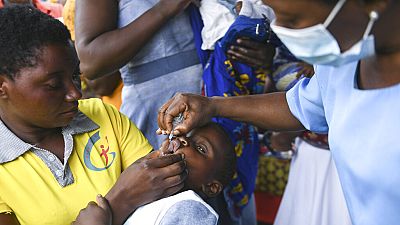

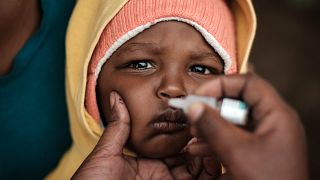
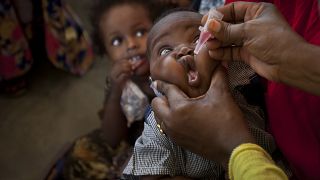
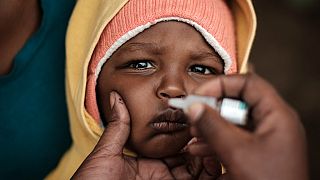
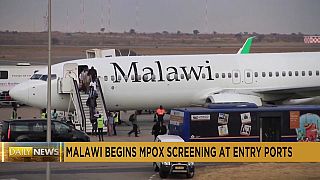
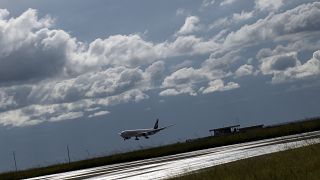
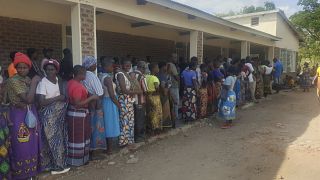



Go to video
Tanzania’s cat and mouse politics: Treason, arrests and shrinking political space
Go to video
Immunization at risk: Global health leaders urge action amid rising disease outbreaks
01:02
WHO member countries draft landmark preparedness treaty for next pandemic
Go to video
At least 300 people killed during the post-election violence in Mozambique
Go to video
Tanzania opposition protests election ban
Go to video
Tanzania's main opposition party CHADEMA disqualified from elections